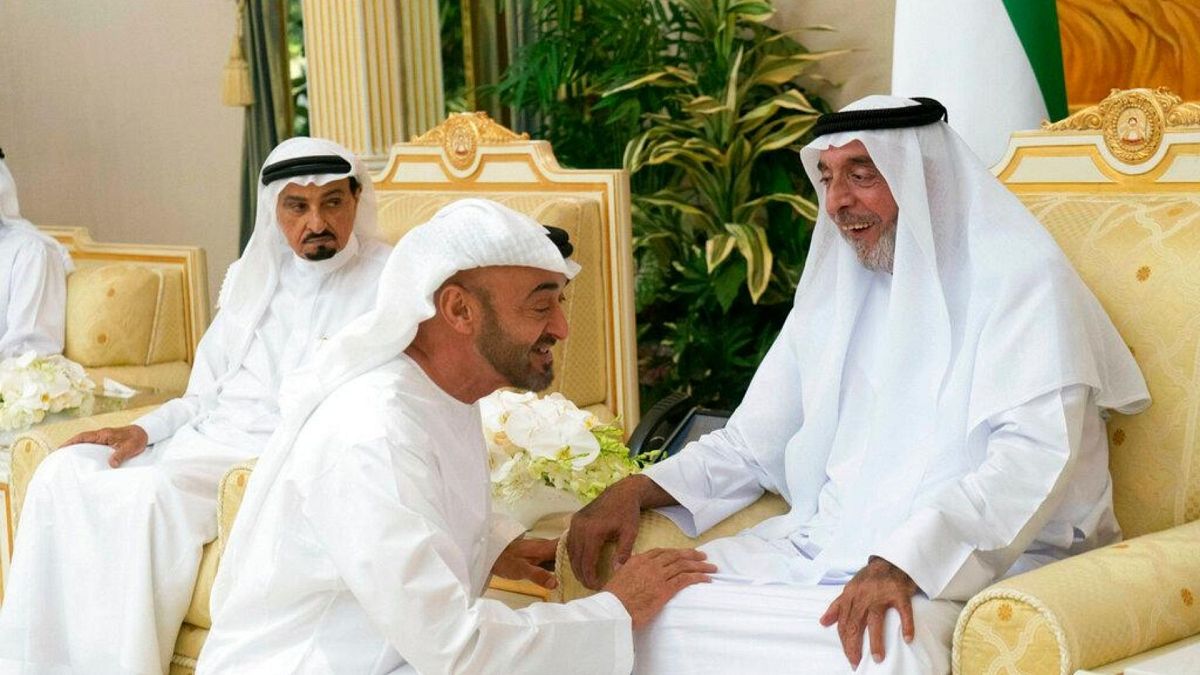Trade can now begin between the UAE, home to oil-rich Abu Dhabi and skyscraper-studded Dubai, and Israel, home to thriving tech start-ups.
The President of the United Arab Emirates issued a decree on Saturday formally ending the country's boycott of Israel amid a US-brokered deal to normalise relations between the two countries.
The announcement now allows trade and commerce between the UAE, home to oil-rich Abu Dhabi and skyscraper-studded Dubai, and Israel, home to a thriving diamond trade, pharmaceutical companies and tech start-ups.
The announcement further cements the Aug 13 deal opening up relations between the two nations, which required Israel to halt its contentious plan to annex occupied West Bank land sought by the Palestinians.
But Palestinians have criticised the accord, saying it undercuts one of its few bargaining chips with Israelis in moribund peace negotiations.
Dunai's state-run WAM news agency said the decree came on the orders of Sheikh Khalifa bin Zayed Al Nahyan, the Emir of Abu Dhabi and President of the UAE.
WAM said the new decree allows Israelis and Israeli firms to do business in the UAE, a US-allied federation of seven sheikhdoms on the Arabian Peninsula. It also allows for the purchase and trade of Israeli goods.
But there are concerns within the Israeli government over selling the F-35 warplanes to the UAE.
On Monday, the first direct commercial flight by Israel's flagship carrier El Al is expected in Abu Dhabi, carrying US and Israeli officials including President Donald Trump's son-in-law, Jared Kushner. Telephone calls already can be made between the nations.
The decree formally eliminates a 1972 law on the UAE's books since just after the country's formation. That law mirrored the widely held stance by Arab nations at that time that recognition of Israel would only come after the Palestinians had an independent state of their own.
